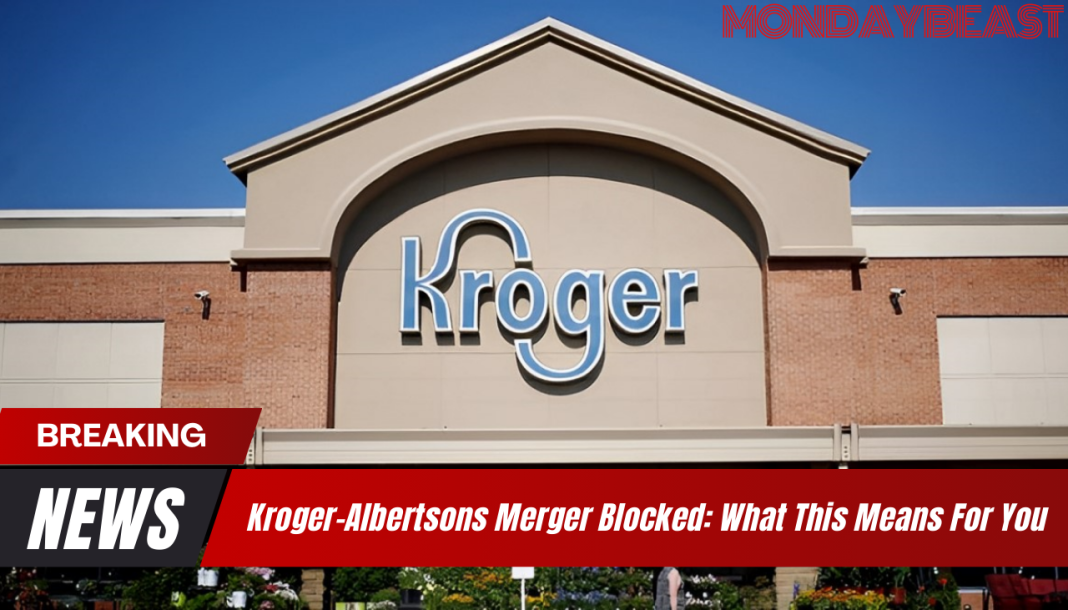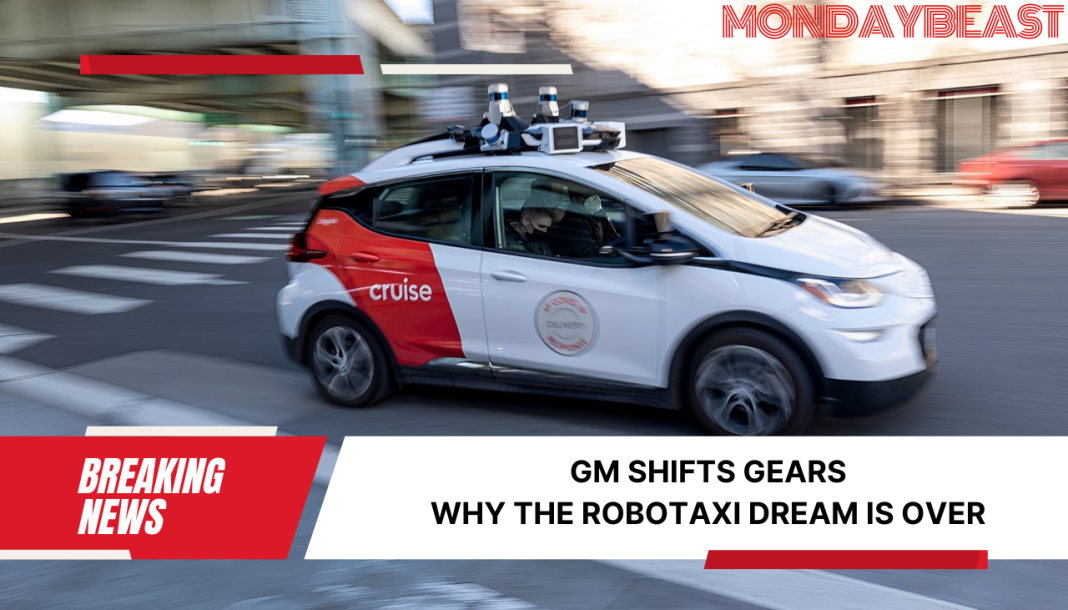The recent decision to block the proposed Kroger and Albertsons merger has sent shockwaves through the grocery industry. How does this ruling affect consumers like you? Are grocery prices going to keep rising? The stakes couldn’t be higher.
Judge Adrienne Nelson ruled against the merger, highlighting concerns over competition. Her findings hold weight, signaling a shift in how corporate deals might be scrutinized. What does this mean for future supermarket initiatives? We delve into the implications of this ruling for American shoppers.
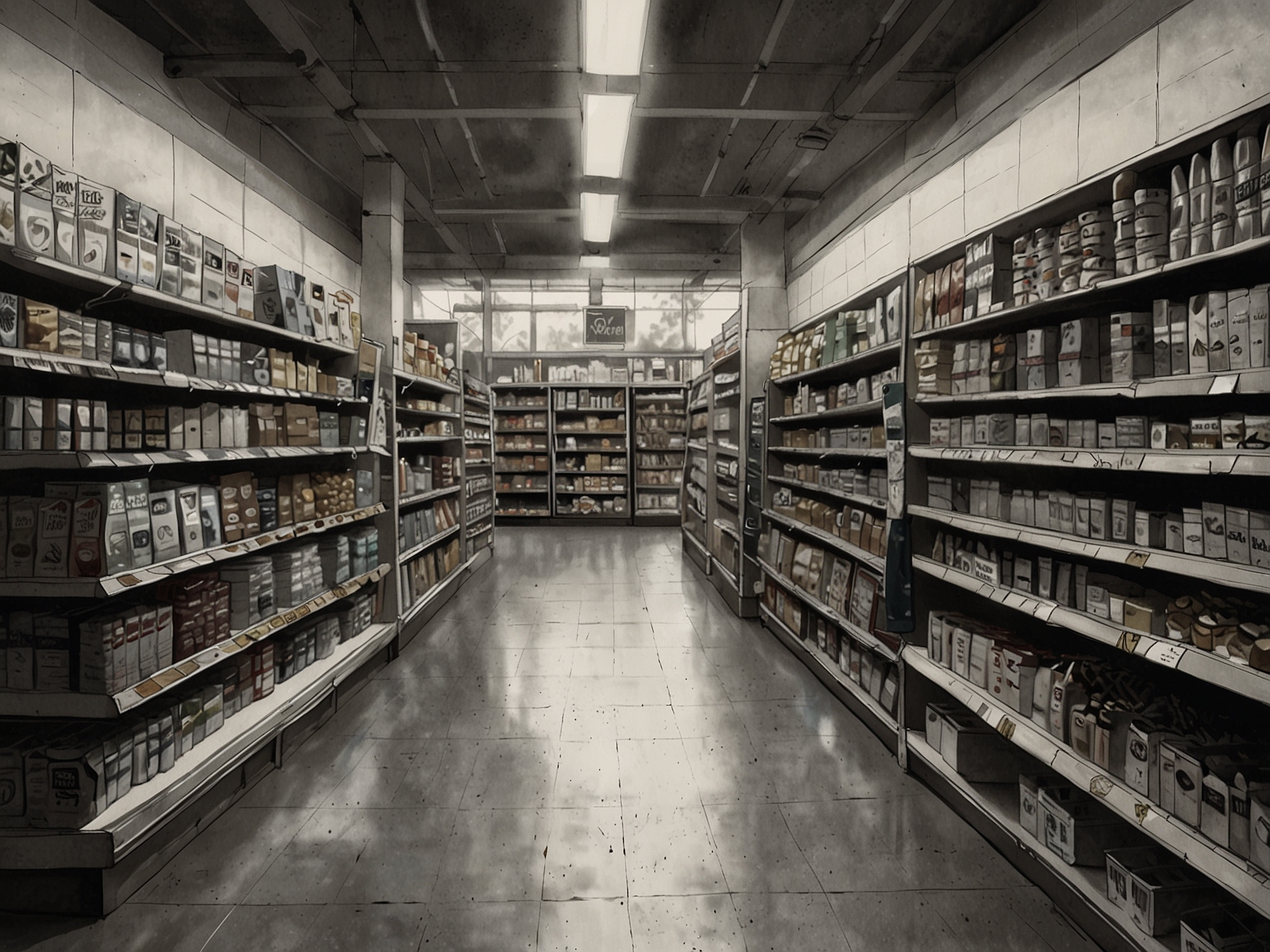
Kroger and Albertsons wanted to merge in an effort to fend off retail giants like Walmart and Amazon. However, Judge Nelson indicated that the merger would actually limit choices for consumers. Could this ruling be a turning point for competition? It seems we are witnessing a fascinating case unfolding right before our eyes.
In addition to the judge’s ruling, the White House is also applauding the decision. Why is this significant? The merger raised concerns about increased grocery prices and potential harm to workers’ wages. This isn’t just about big business; it’s about how policies impact everyday Americans.
Kroger’s CEO touted plans to lower grocery prices by $1 billion with the merger. But could this claim be more of a silver lining than a solid promise? As costs for food continue to soar, is this ruling a step toward safeguarding consumer interests?
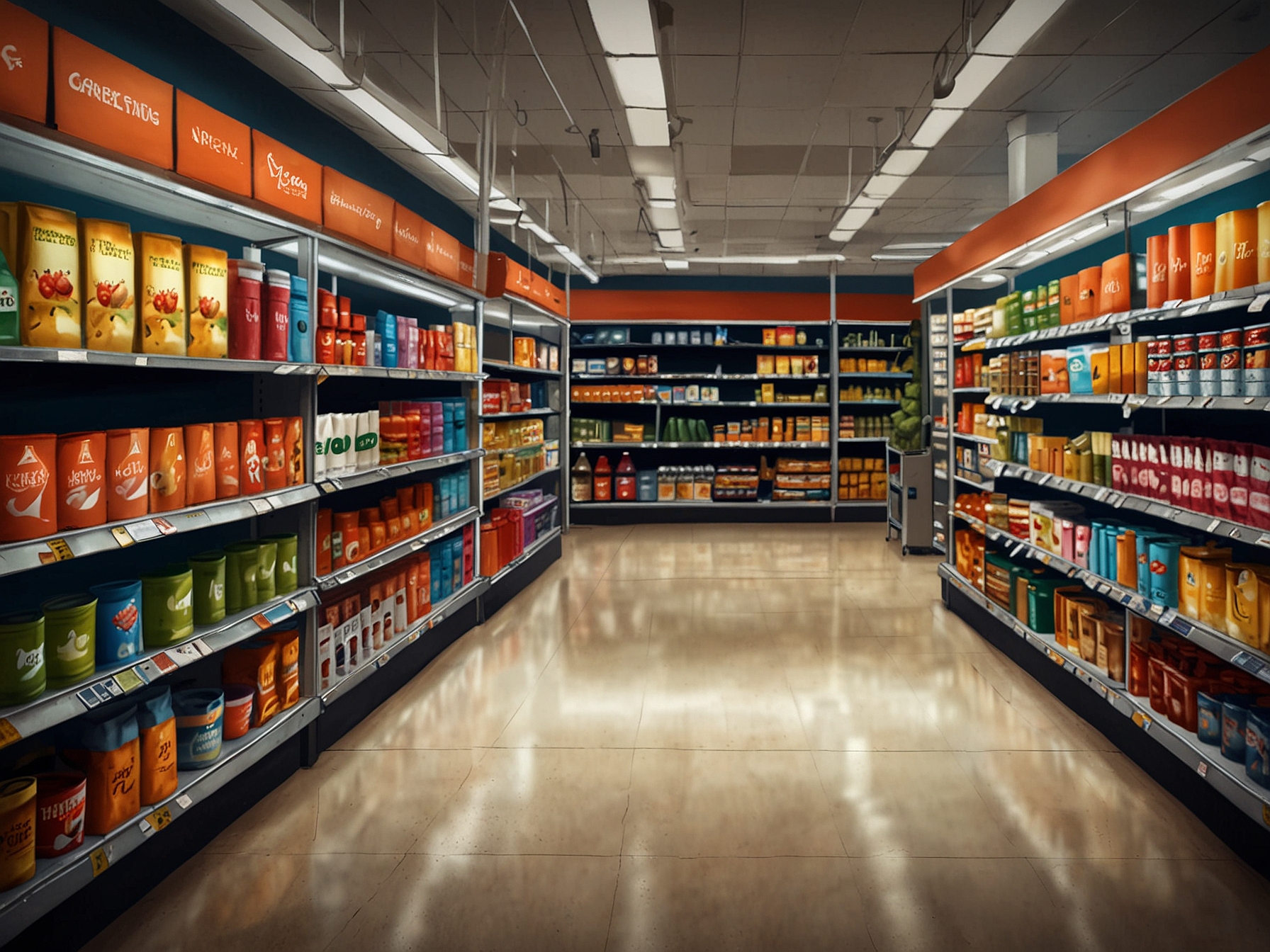
Interestingly, small grocery stores opposed the merger as well. They argued that a combined Kroger-Albertsons would leave them struggling against larger competitors. Independent stores have already been feeling the pressure—what does this mean for their future?
As a consumer, understanding the implications of this merger is crucial. With inflation affecting food prices, the battle lines are drawn. The grocery landscape is changing, and the voices of concerned stakeholders are growing louder.
Judge Nelson’s ruling points to a broader critique of monopolization in the industry. The Federal Trade Commission, under the leadership of Lina Khan, is taking a hard stance on antitrust cases. Will this lead to more scrutiny on other significant mergers across various sectors?
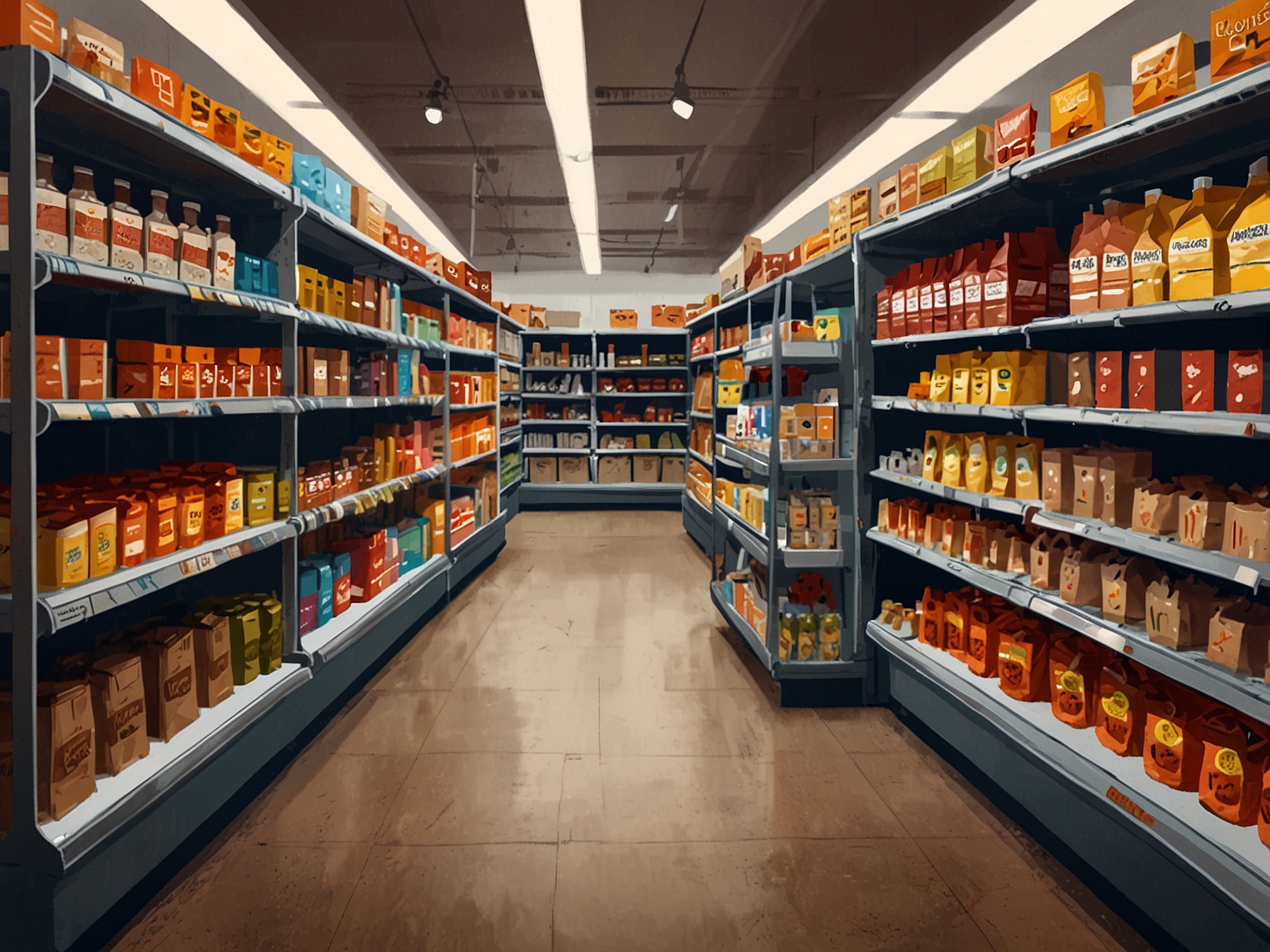
Kroger’s plans included divesting stores to appease regulators, but doubts lingered about the effectiveness of this strategy. The judge agreed with the FTC’s concerns. What does this mean for the potential success of any future merger attempts?
The landscape in the grocery market has been shifting for years. Traditional supermarkets are losing ground to other retail formats. What does the data show about this decline, and how might it impact your shopping experience?
Consumer groups and advocates are celebrating this decision. They argue that blocking the merger safeguards competition, which helps keep prices in check. Are you tired of seeing grocery prices climb? This development may offer a glimmer of hope.
As we reflect on this ruling, it’s essential to ponder—what does it mean for your grocery experience? The ramifications of antitrust enforcement can ripple through communities and influence not just prices, but jobs.
In a landscape filled with giants, where does this leave small grocers? The need for fairness and opportunity is taking center stage. How do these dynamics affect you as a shopper?
The complexities of the grocery market can’t be understated. From unionized workforces affected by wage concerns to the market’s future clarity, this decision opens a window into deeper issues. The grocery industry is indeed evolving, and you have a front-row seat.
Moving forward, what does the future hold for initiatives like this merger? While Kroger and Albertsons explore their next steps, consumers must remain vigilant. Awareness of such rulings can empower you as a shopper and advocate.
The outcome raises essential dialogues about competition, consumer rights, and labor. Can we ensure a level playing field while keeping grocery prices in check? As you navigate these changes, remember: your voice matters in shaping a fair market.

